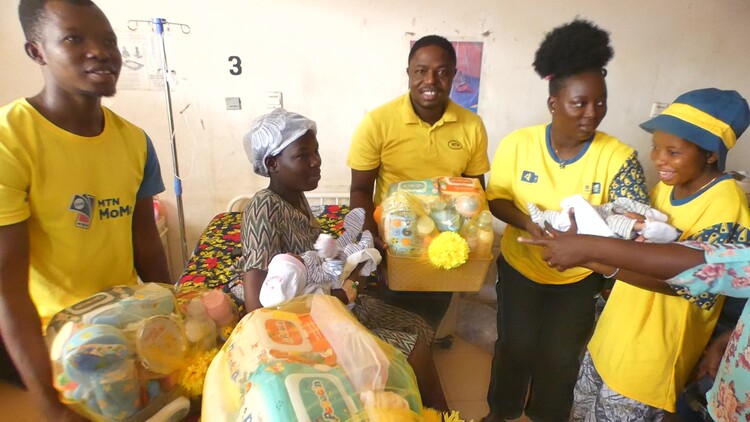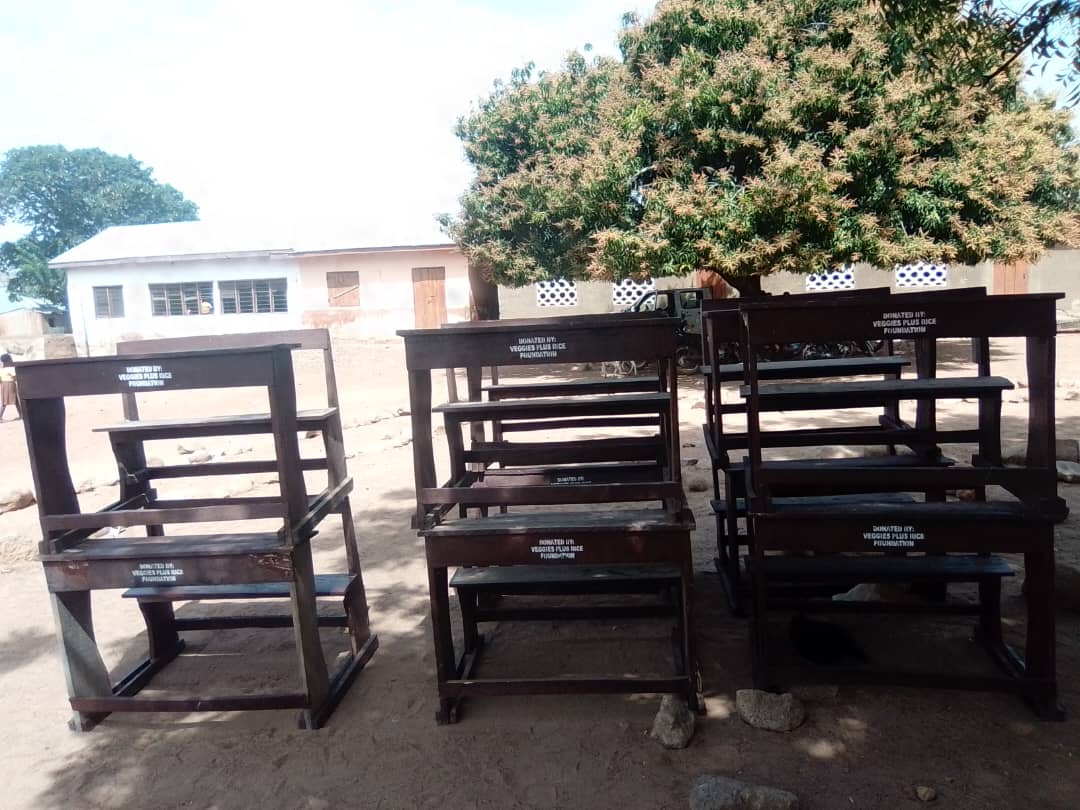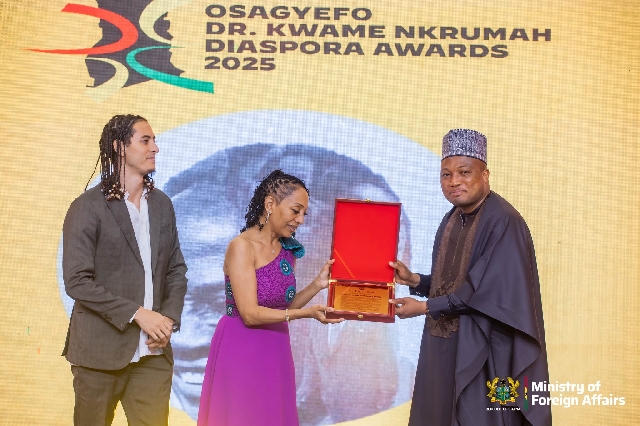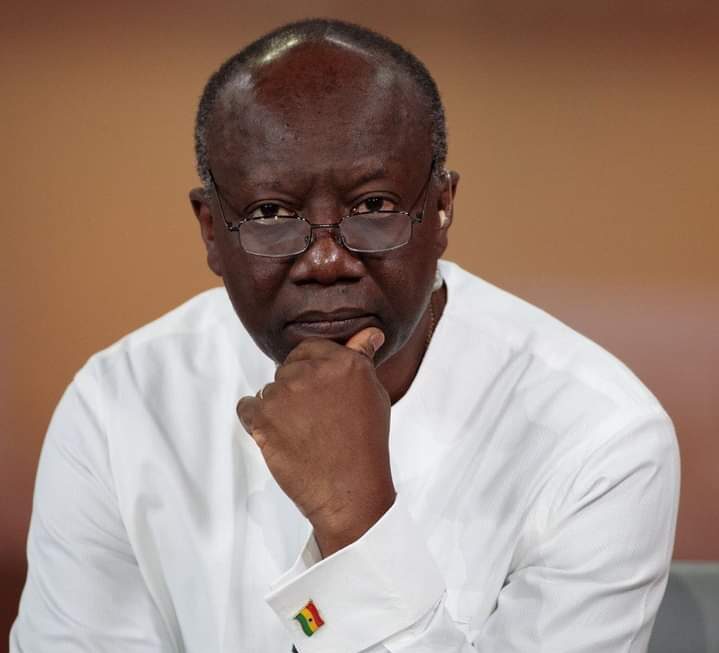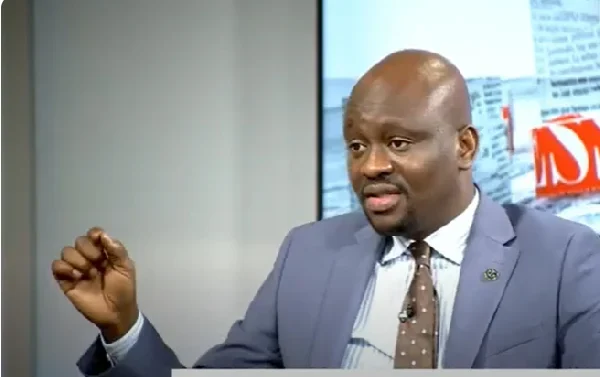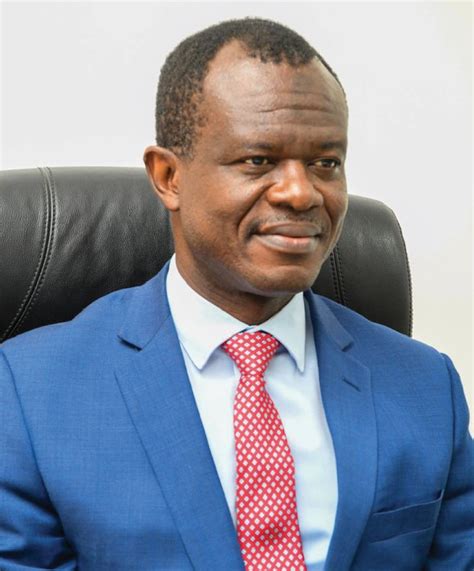The Bank of Ghana has announced that the establishment of a Women’s Development Bank will play a crucial role in addressing the longstanding credit access constraints faced by women-led enterprises across various sectors, including trade, agriculture, and technology.
According to First Deputy Governor Dr. Zakari Mumuni, this initiative is part of the bank’s broader efforts to advance gender-inclusive financial policies.
Delivering remarks on behalf of the Governor at the 2025 African Financial Inclusion Policy Initiative meetings, Dr. Mumuni emphasized the significance of promoting financial inclusion for women. “Beyond access, we are also committed to gender-inclusive finance,” he stated. In 2023, Ghana joined the African Development Bank’s AFAWA initiative, which supports financial institutions in unlocking credit for women entrepreneurs through risk sharing and technical assistance.
The Women’s Development Bank, established with a seed capital of over GH¢51 million allocated in the 2025 budget, will provide women-led businesses with low-interest loans and tailored financial services on flexible terms. This institution is expected to directly address the persistent credit gap faced by women-led businesses, particularly in the agricultural, trade, and technology sectors. Dr. Mumuni noted that these initiatives reflect the belief that women’s financial inclusion is not a social obligation but a smart economic strategy.
The Women’s Development Bank will offer a range of financial services, including:
Low-interest loans: tailored to support women entrepreneurs in various sectors
Financial literacy training: to improve business sustainability and management
Flexible repayment terms: designed to encourage business growth and development
By providing these services, the Women’s Development Bank aims to empower millions of Ghanaian women and promote economic growth and development. The establishment of this bank was a key promise by President John Dramani Mahama ahead of the 2024 elections, and its implementation is expected to have a significant impact on women’s economic empowerment in Ghana.
Source: Apexnewsgh.com/Ngamegbulam Chidozie Stephen

